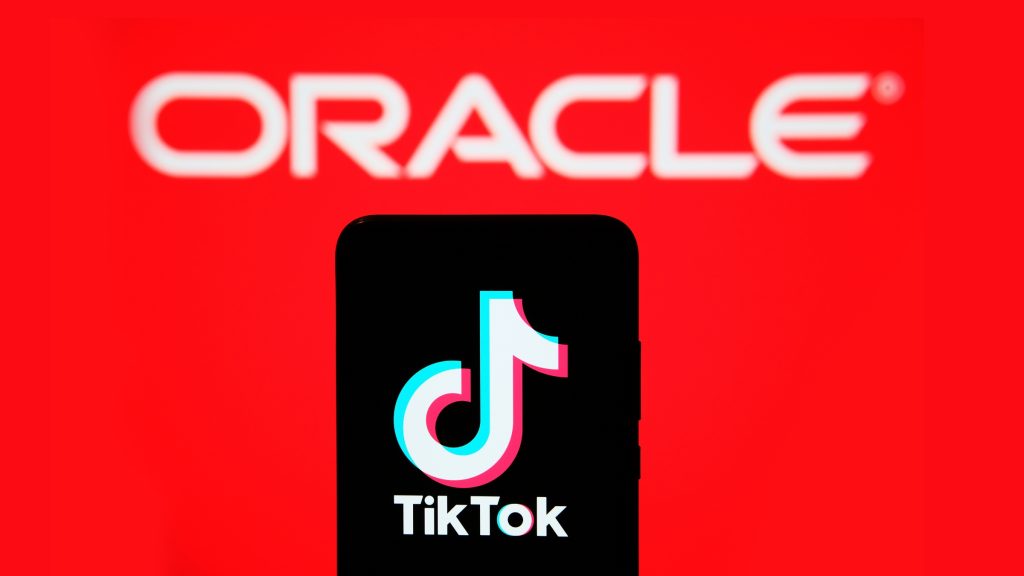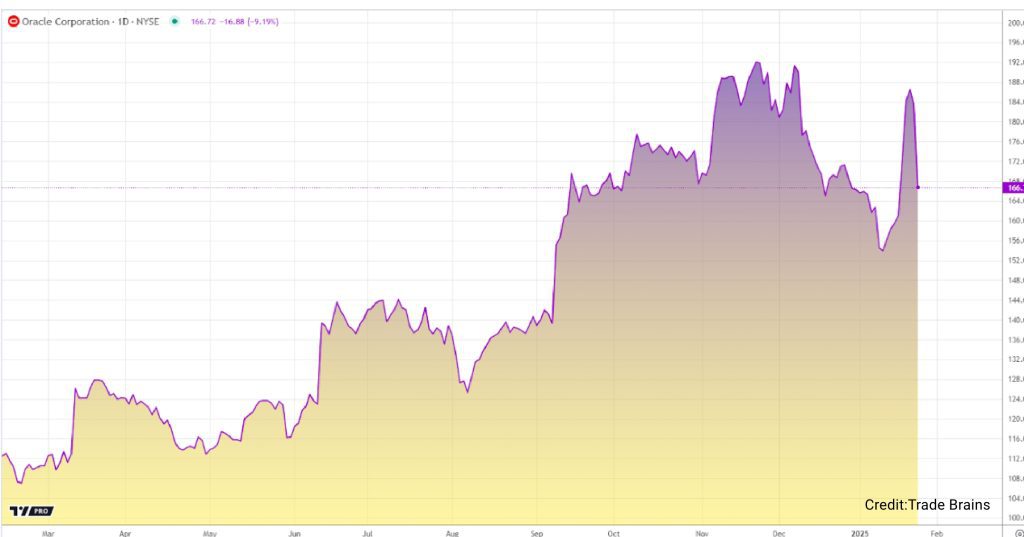
Since January 20, the Trump administration pressured ByteDance to sell TikTok’s US operations to Oracle, citing the usual card of TikTok national security concerns over Chinese access to American user data.
For months now, the TikTok US data security headline has been centering global disputes, with US officials tensed over TikTok data security concerns and Beijing’s influence over advanced technologies.
The Trump administration’s push for an American investor, in this case Oracle, aligns with Washington’s strategy to Beijing’s grip on key technologies. National security investigation of TikTok is still ongoing, and the outcomes remain as vague as it can be.
The video sharing platform’s future on US territory could either go south, or really well for the Chinese-owned company. American users will either witness a forced sale to an American company – Oracle – or stricter regulations governing its operations.
Worst case scenario would be a complete ban if Trump’s security concerns are not adequately handled.
Oracle Leading TikTok Talks
Oracle is the leading contender to acquire TikTok’s US operations, with President Trump hoping the American company will have full control over algorithms and data management. Under the proposed deal, ByteDance would retain a minority stake – a small gesture from Trump to maintain some involvement, but surely nothing of value.
These tactical adjustments will guarantee an ease to the US government’s concerns over the TikTok app national security risk and threat.

Oracle’s cloud infrastructure will be a key player in handling any TikTok national security concerns, positioning the company well to direct the platform’s future. The deal may involve American investors like Sequoia Capital and General Atlantic to reassure regulators and users about US oversight of the app.
While Oracle’s expertise in data storage and AI solutions gives it a strategic edge, securing the TikTok deal remains in a state of indefinite limbo, as all concerned parties are still assessing their next moves.
Microsoft and other companies are also interested in having a slice of ByteDance’s cake, further fueling intense competition over the TikTok’s algorithm and complicating negotiations. The TikTok threat to national security concerns is magnifying regulatory scrutiny over platform’s US acquisition.
Trump Loves to Gamble
To sum up, the US government sees the whole situation as: TikTok is a national security threat, hence the efforts to “Americanize” the platform to mirror Trump’s strategy to hinder China’s technology influence. And TikTok, since its birth, played a fundamental role in reconstructing users online social experiences.
Meta saw TikTok’s success and tried to mimic it with algorithmic changes and the introduction of Reels. But Instagram is not TikTok, and ByteDance’s algorithm is not Meta’s algorithm. The TikTok saga has become a symbol of the China vs US tech war, with Washington’s crackdown on TikTok showing the US’ true colors and intentions.
The outcome is anything but guaranteed, but the Oracle will likely ease tensions and deliver more control, possibly leading to more uncertainty over whether it fully settles the TikTok national security concerns issue, given that ByteDance would still be involved.
Trump’s wider ambition to flip global tech’s power dynamics converting foreign companies into US controlled ones faces heavy resistance, which may hardly succeed. Seriously, can this administration “Americanize” TikTok and get rid of Chinese companies presence in the US and lessen the national security risk from TikTok? Possibly to the extent to which the deal succeeds, so does that set a model for similar interventions down the road.For the time, the fate of TikTok reflects a greater fight for technological control in which lines among advancements, threat due to the fact that the FBI alleges TikTok poses national security concerns, and politics continue to fade.
So, the real question is, who is truly threatened by the other’s technological advancements? One party is actively taking actions against the other, while the other is simply assessing, observing, and possibly, retaliating in the future.
Inside Telecom provides you with an extensive list of content covering all aspects of the tech industry. Keep an eye on our Tech sections to stay informed and up-to-date with our daily articles.